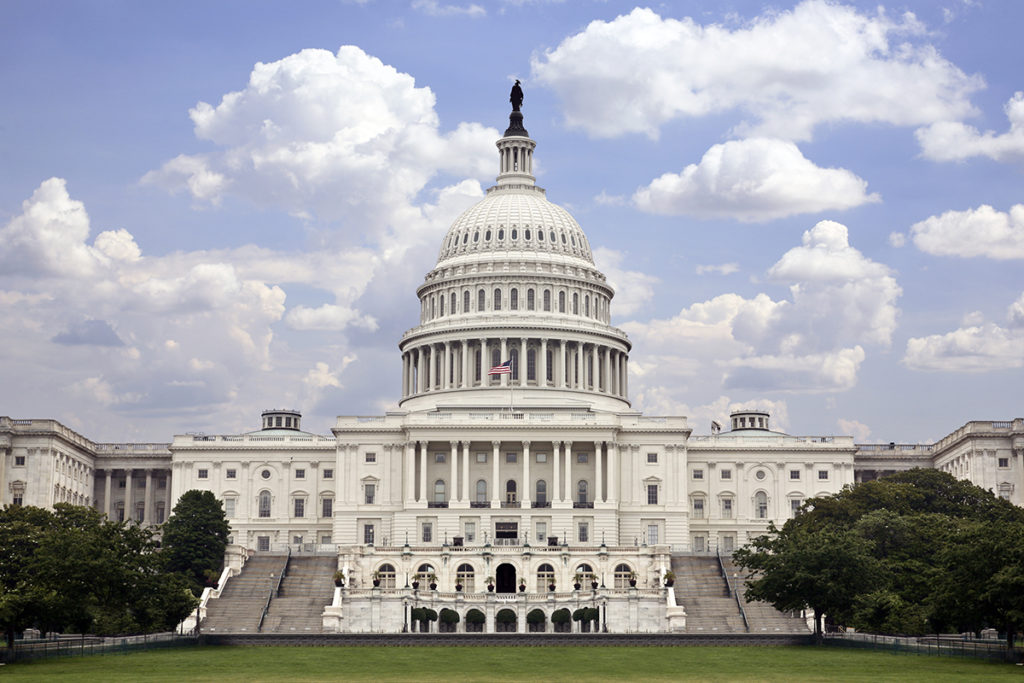
A bipartisan group of House members is urging congressional leaders to make sure the next COVID-19 relief package helps electric cooperatives survive the pandemic by saving them more than $10 billion in interest payments on their federal debt.
“These savings can be passed on directly to consumers, used to invest in quality rural broadband networks, or upgrade and replace aging electric infrastructure, all of which will help workers and families in rural communities who continue to weather the COVID-19 crisis,” nearly two dozen lawmakers wrote in an Aug. 4 letter to House Speaker Nancy Pelosi, D-Calif., and Minority Leader Kevin McCarthy, R-Calif.
The letter, signed by 13 Republicans and nine Democrats, was led by Reps. Tom O’Halleran, D-Ariz., and Vicky Hartzler, R-Mo. The two lawmakers recently introduced the Flexible Financing for Rural America Act, which would allow co-ops to take advantage of current low interest rates to reprice their federal Rural Utilities Service loans without being hit with prepayment penalties.
NRECA, co-op leaders and other supporters of that bill believe the best way to get it approved is to attach it to a sweeping package of pandemic relief measures that congressional leaders and the administration are negotiating.
“COVID-19 has laid bare the need for rural development investments and greater access to broadband services,” the House members wrote. “Many parts of rural America were caught unprepared as students were sent home, employees were forced to work remotely, and rural communities worked to control the pandemic.
“While COVID-19 halted several essential services, member-owned electric cooperatives, broadband and voice (phone) providers ensured Americans remained connected while the mounting financial strain from the pandemic continued to increase.”
Listen to NRECA CEO Jim Matheson and Montana electric co-op leaders as they discuss the value of the bipartisan Flexible Financing for Rural America Act
A bipartisan group of senators, working with NRECA, sent a similar letter on Aug. 14 to Majority Leader Mitch McConnell, R-Ky., and Minority Leader Chuck Schumer, D-N.Y. The bill was signed by 10 senators, evenly divided between Republicans and Democrats.
Based on current interest rates, NRECA estimates that co-ops could see a net savings of $10.1 billion from repricing $42 billion of direct and guaranteed RUS loans held by about 500 co-ops. An average co-op with typical RUS debt could save $2 million a year in interest payments by taking advantage of today’s lower interest rates.
The 20-year U.S. Treasury rate was at 1% on Aug. 5. Co-ops are paying varied rates, depending on when they obtained their loans from the U.S. Department of Agriculture’s RUS program. Some co-ops are paying rates higher than 5%.
“Providing this opportunity to refinance existing loans will reduce debt burdens on rural electric and broadband providers and unleash needed infrastructure improvements in rural communities,” the House members wrote.
Erin Kelly is a staff writer at NRECA.